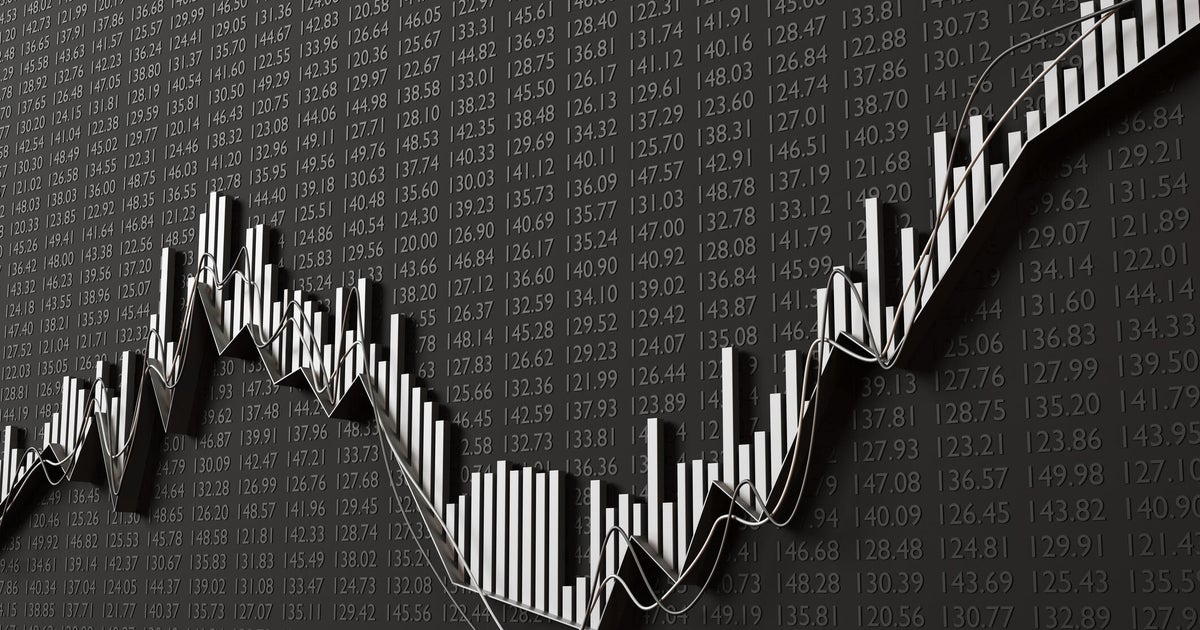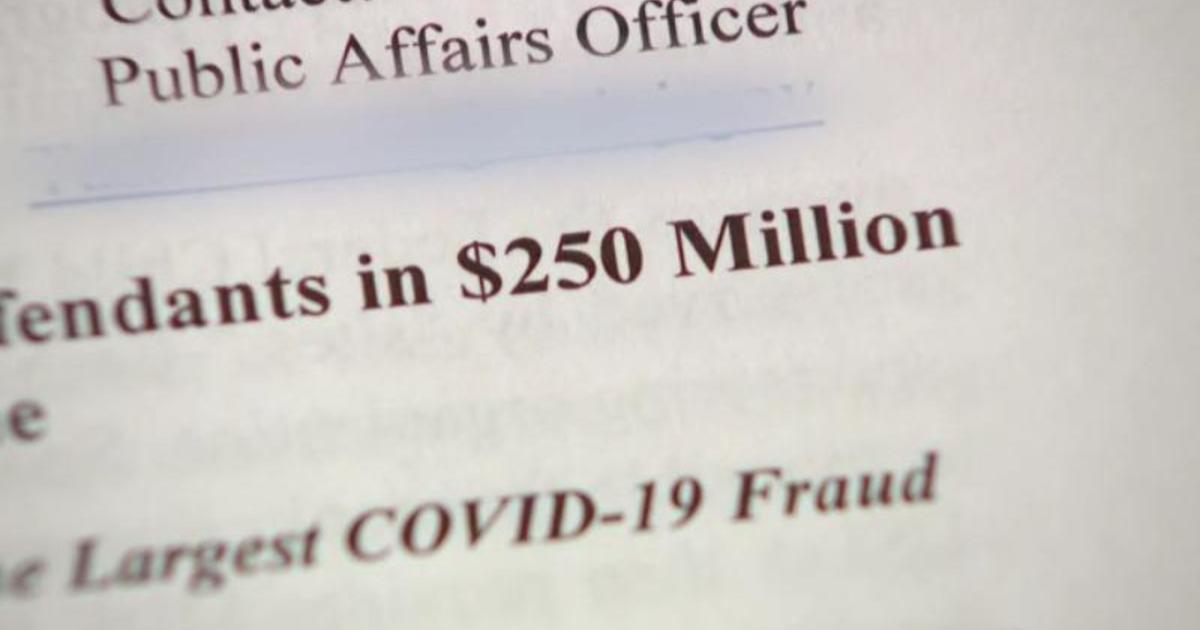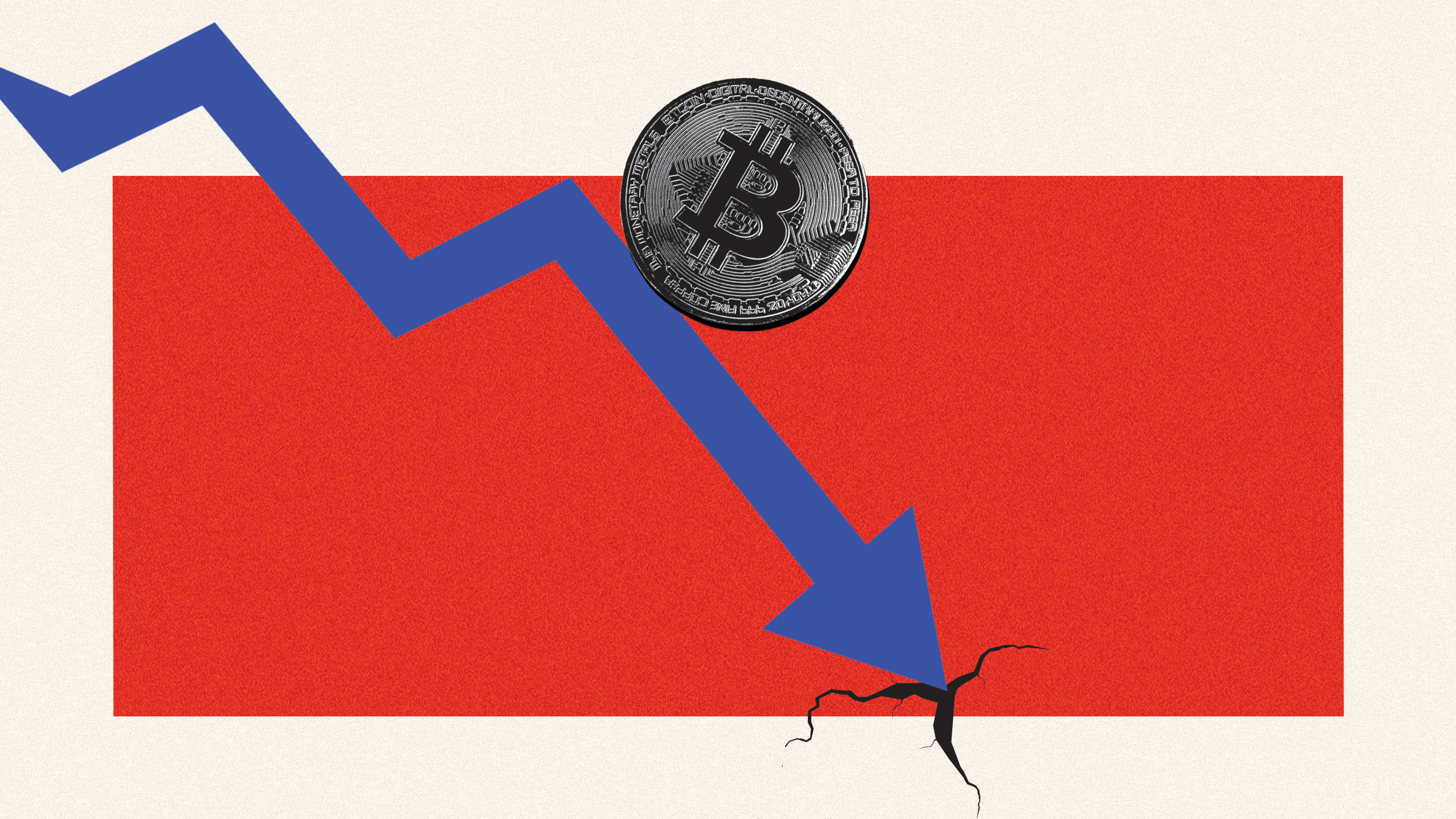Bitcoin is falling. Should you invest in gold now?
Bitcoin, the pioneer of cryptocurrencies, has been an alluring investment option in recent years thanks to its growing value and position as a trusted crypto asset. However, Bitcoin's pricing — and the wider crypto market — has experienced extreme volatility over the last year, with periods of pricing declines and upticks that have been hard to predict.
And, the crypto asset experienced yet another significant correction this week when the price of Bitcoin dropped to $40,000 — a decline of approximately 12% and the lowest price point since December 18, 2023. This price drop occurred shortly after the U.S. Securities and Exchange Commission (SEC) approved Bitcoin exchange-traded funds (ETFs) to commence trading on January 10.
The approval of Bitcoin ETFs by the SEC was a move that had initially been expected to bolster the cryptocurrency's value — but instead triggered a correction that sent shockwaves through the market. And, that plunge in Bitcoin's price has left investors grappling with uncertainties. In turn, some investors may be reevaluating their strategies, considering alternative assets — like gold — that may provide a more stable haven instead. But is gold actually a good alternative to Bitcoin? Let's find out.
Ready to get started? Find your top gold investing options here.
Bitcoin is falling. Should you invest in gold now?
With the price of Bitcoin falling, it could make sense to consider investing in gold instead — and there are a few good reasons why, including:
The historic stability of gold
Gold has long been considered a safe-haven asset, meaning that it can help to protect your wealth during periods of market or economic turbulence. And, unlike Bitcoin, which is a relatively new entrant in the financial landscape, gold has historically weathered a number of economic storms.
That's a large part of why investors have traditionally turned to gold during times of crisis. They view it as a store of value that retains its worth even in the face of market fluctuations. And, with the price of Bitcoin fluctuating right now, it may be a good time to consider adding gold to your portfolio to help offset some of the potential losses from your crypto investments.
Learn more about how you can invest in gold today.
The inverse relationship with equities
Gold has long exhibited an inverse relationship with traditional equities, often acting as a counterbalance to stock market movements. When stocks experience volatility or decline, gold has historically seen increased demand by investors.
This inverse correlation can be an attractive feature for investors seeking diversification in their portfolios, especially during times when the broader market is facing challenges. And, if your portfolio includes a large amount of Bitcoin, this could be the right time to take advantage of gold's ability to move inversely to Bitcoin and many other investment assets.
Gold's ability to hedge inflation
While the inflation rate has been tempered compared to what it was this time last year, the most recent inflation report showed that we may not be done just yet. Inflation ticked back up unexpectedly in December and is still hovering above the Federal Reserve's target rate of 2% and it's unclear what may happen in the future.
But while the timeline for resolving the inflation issues may be up in the air, what's clear is that gold has historically proven to be an effective hedge against rising prices due to inflation. The precious metal has historically maintained its purchasing power amid high inflation, making it an attractive option for investors who are concerned about the eroding effects of inflation on their portfolios.
The tangible asset appeal
Unlike Bitcoin, which exists purely in digital form, gold is a tangible asset with intrinsic value. Physical gold, whether in the form of gold bullion — like gold bars and coins — or jewelry, provides investors with a tangible asset they can hold. This tangible appeal can offer a sense of security and ownership that digital assets, like crypto, may lack.
The global economic uncertainty
The ongoing geopolitical tensions and economic uncertainties that are occurring across the globe can also contribute to increased demand for gold. In times of crisis or uncertainty, investors often flock to assets perceived as safer, and gold tends to be a primary beneficiary of such sentiment. So, given the current geopolitical climate, it could be a smart time to invest in gold — especially as Bitcoin's value drops.
The bottom line
As Bitcoin faces a period of correction following the SEC's approval of ETFs, investors may find themselves at a crossroads, evaluating the resilience of their portfolios. While cryptocurrencies offer unique opportunities to investors, the recent market downturn also prompts a reconsideration of traditional safe-haven assets. And gold, with its historical stability, inverse relationship with equities, inflation-hedging qualities, tangible appeal and ability to thrive in times of global economic uncertainty, emerges as a compelling option.
That said, investors who are interested in gold investing should carefully assess their risk tolerance, investment goals and overall portfolio diversification strategy before making any decisions. While Bitcoin and gold represent distinct asset classes with different risk profiles, the current market conditions emphasize the importance of a well-balanced and diversified investment approach. And, in times of uncertainty, having a mix of assets that respond differently to market dynamics can help safeguard investors against the inherent volatility of financial markets.




